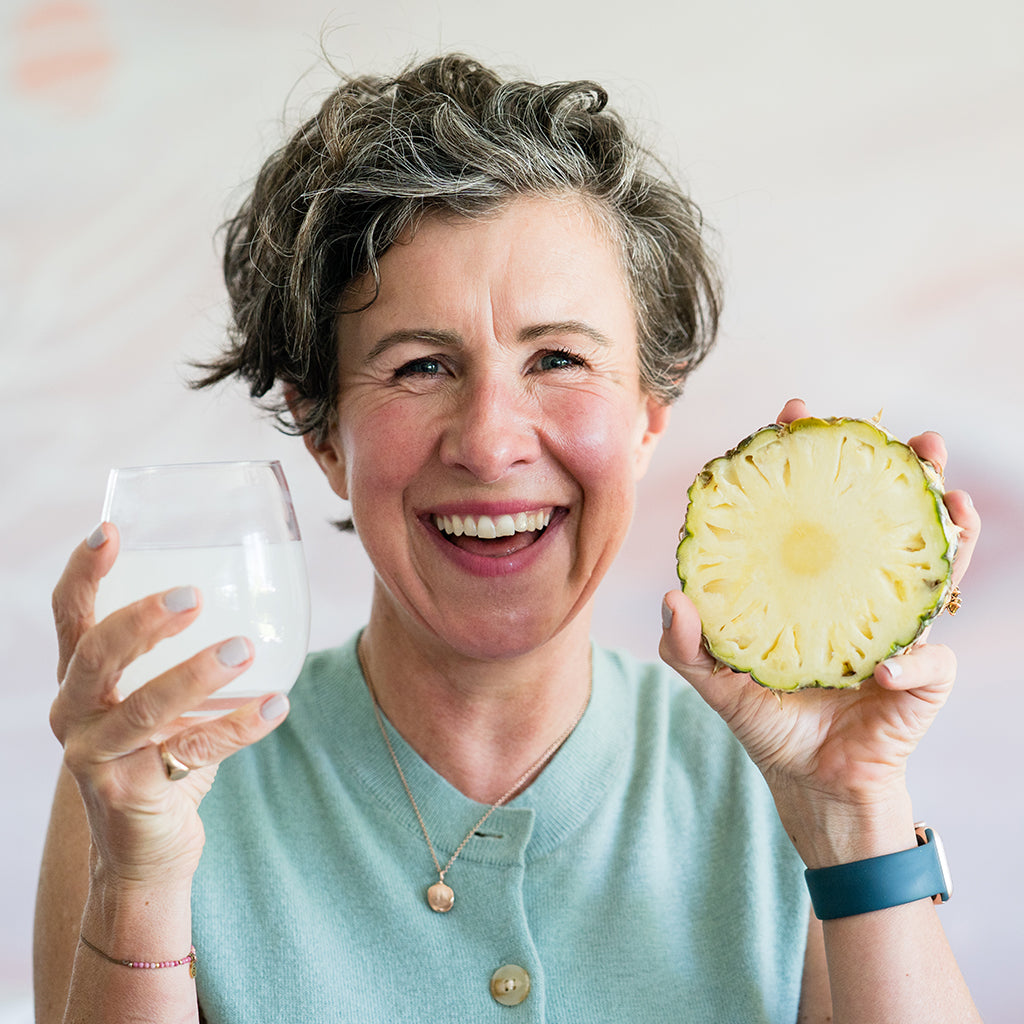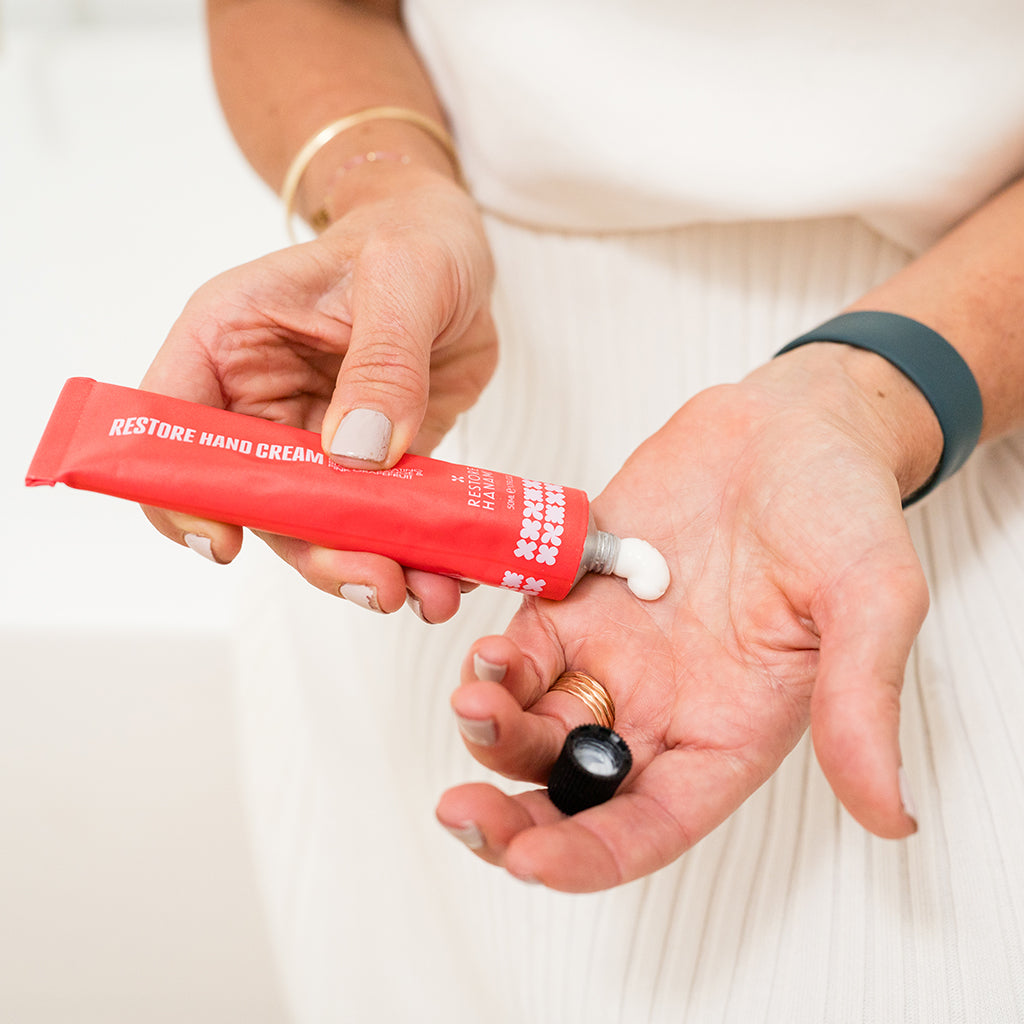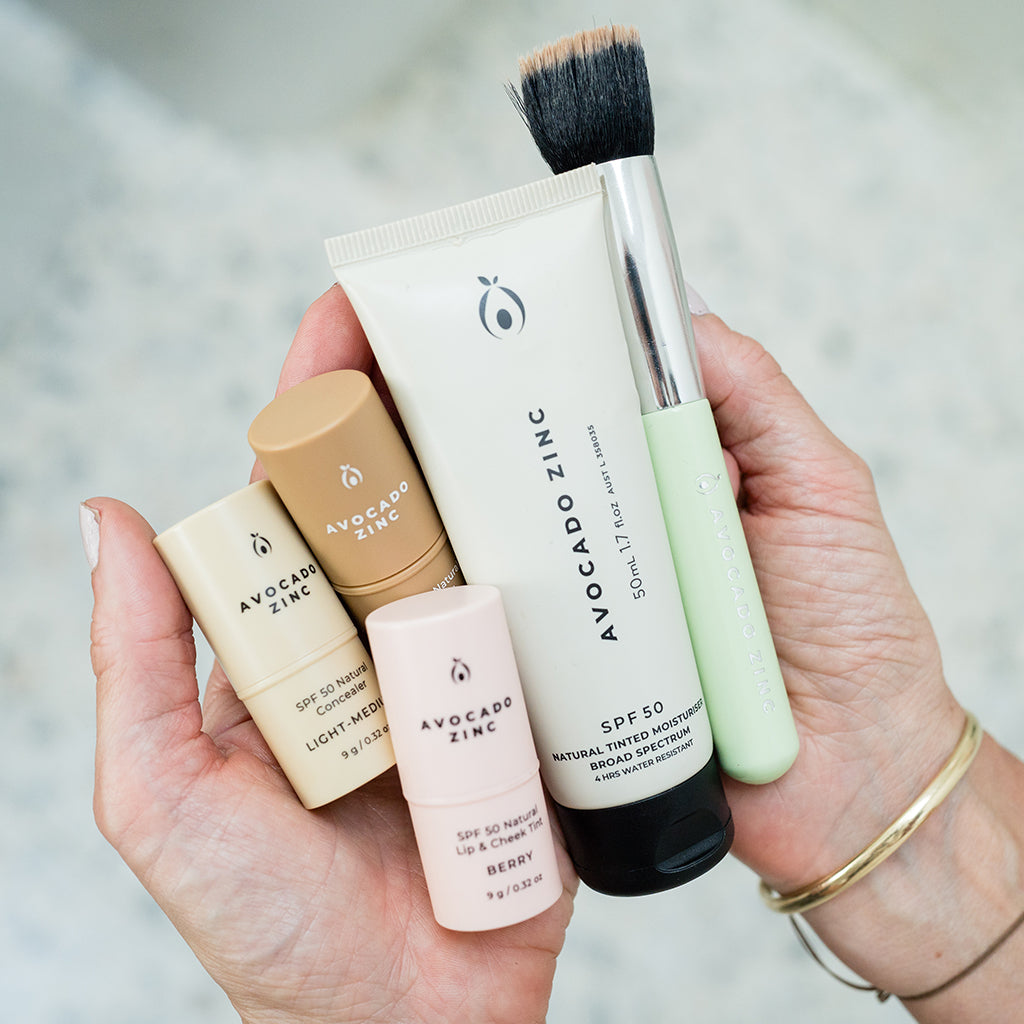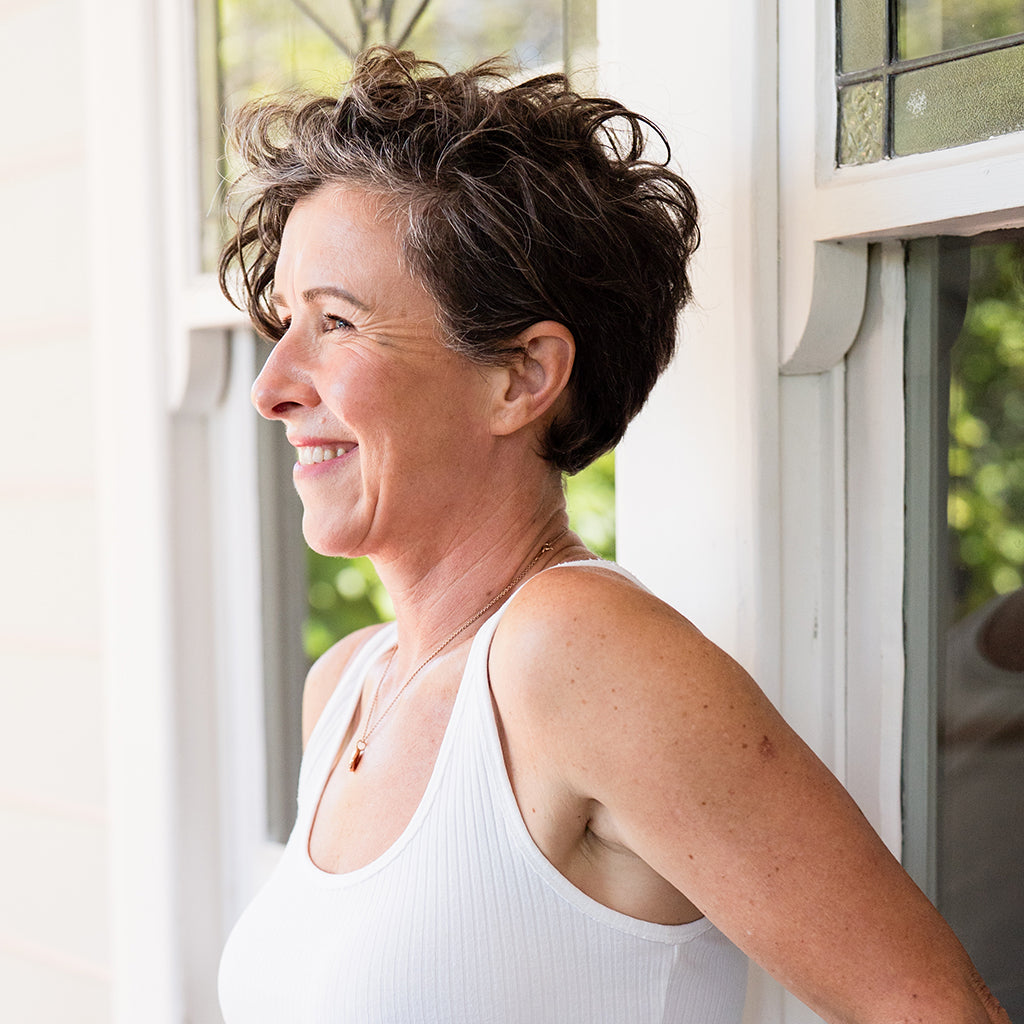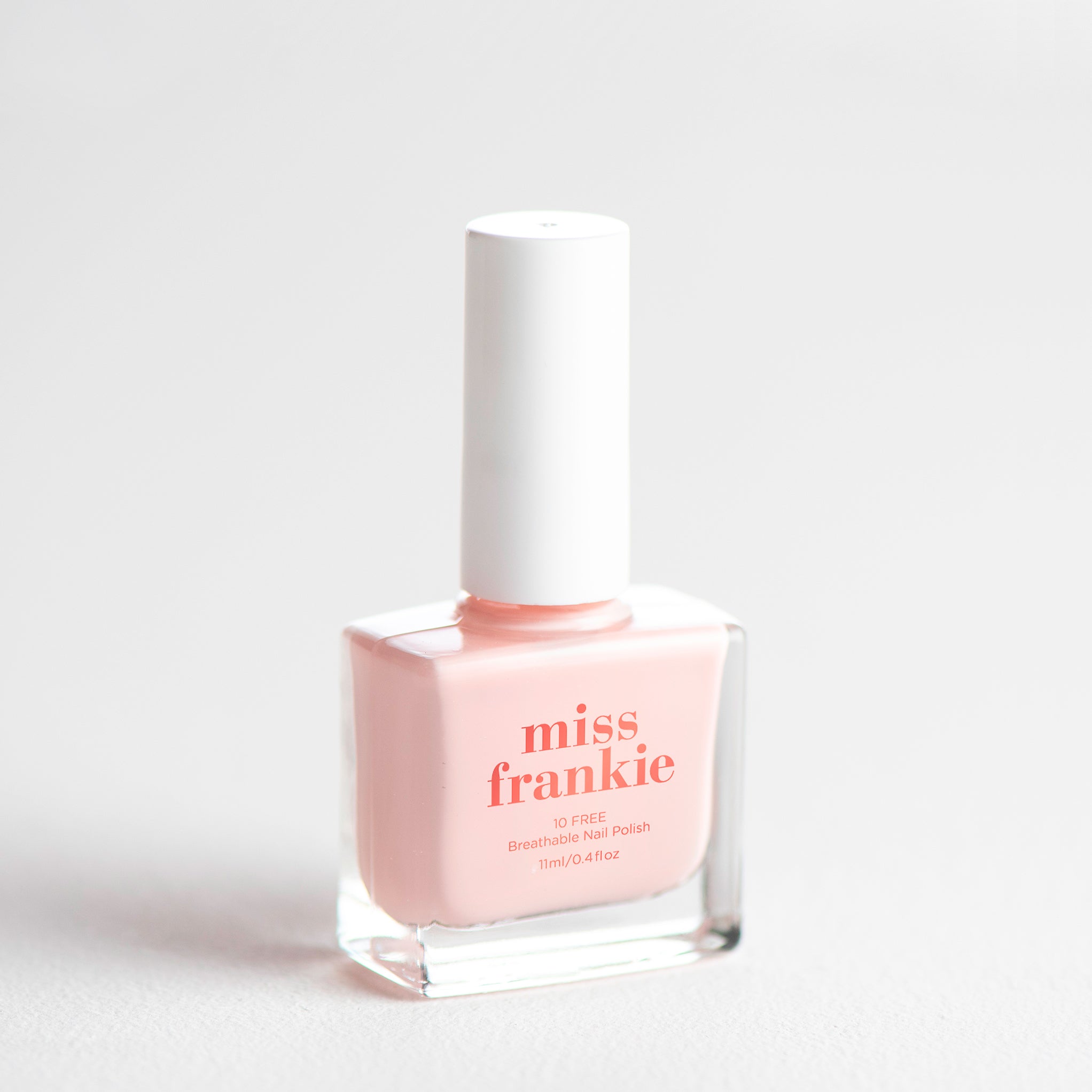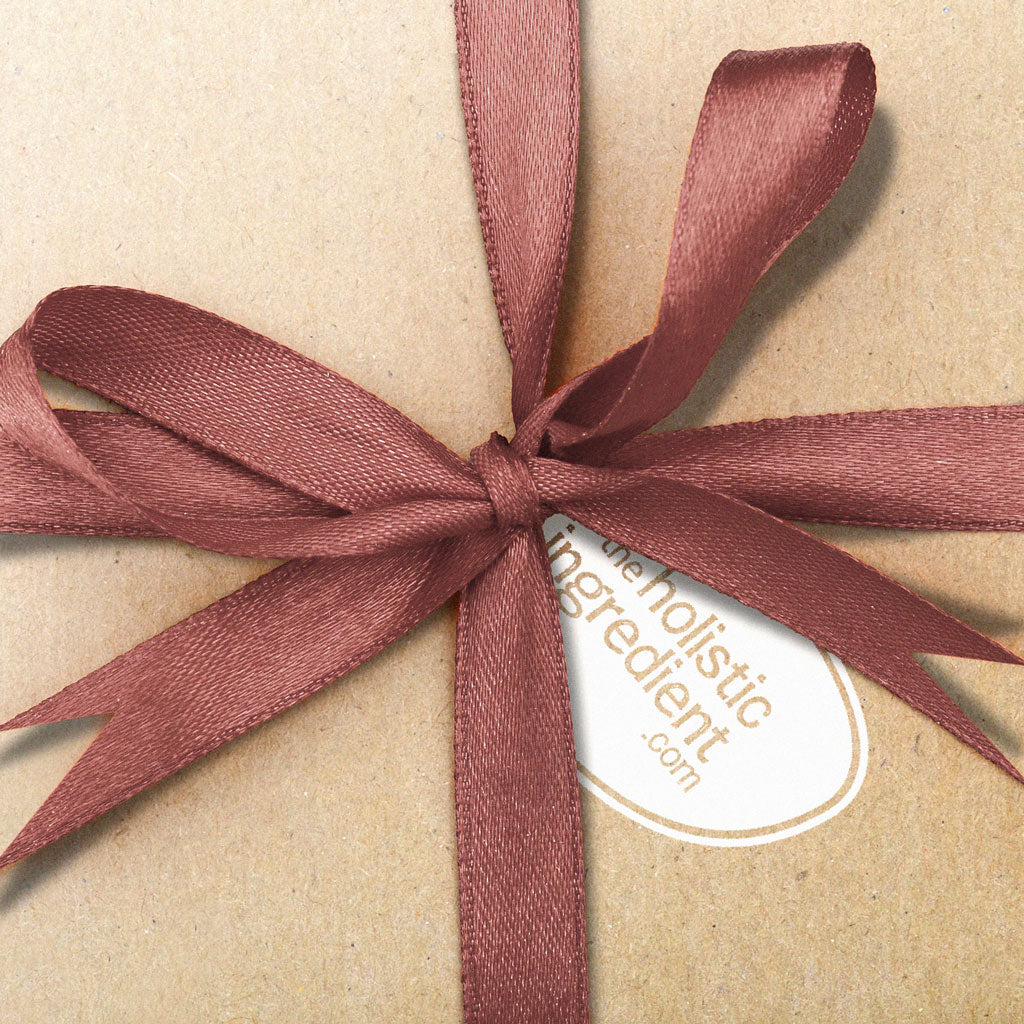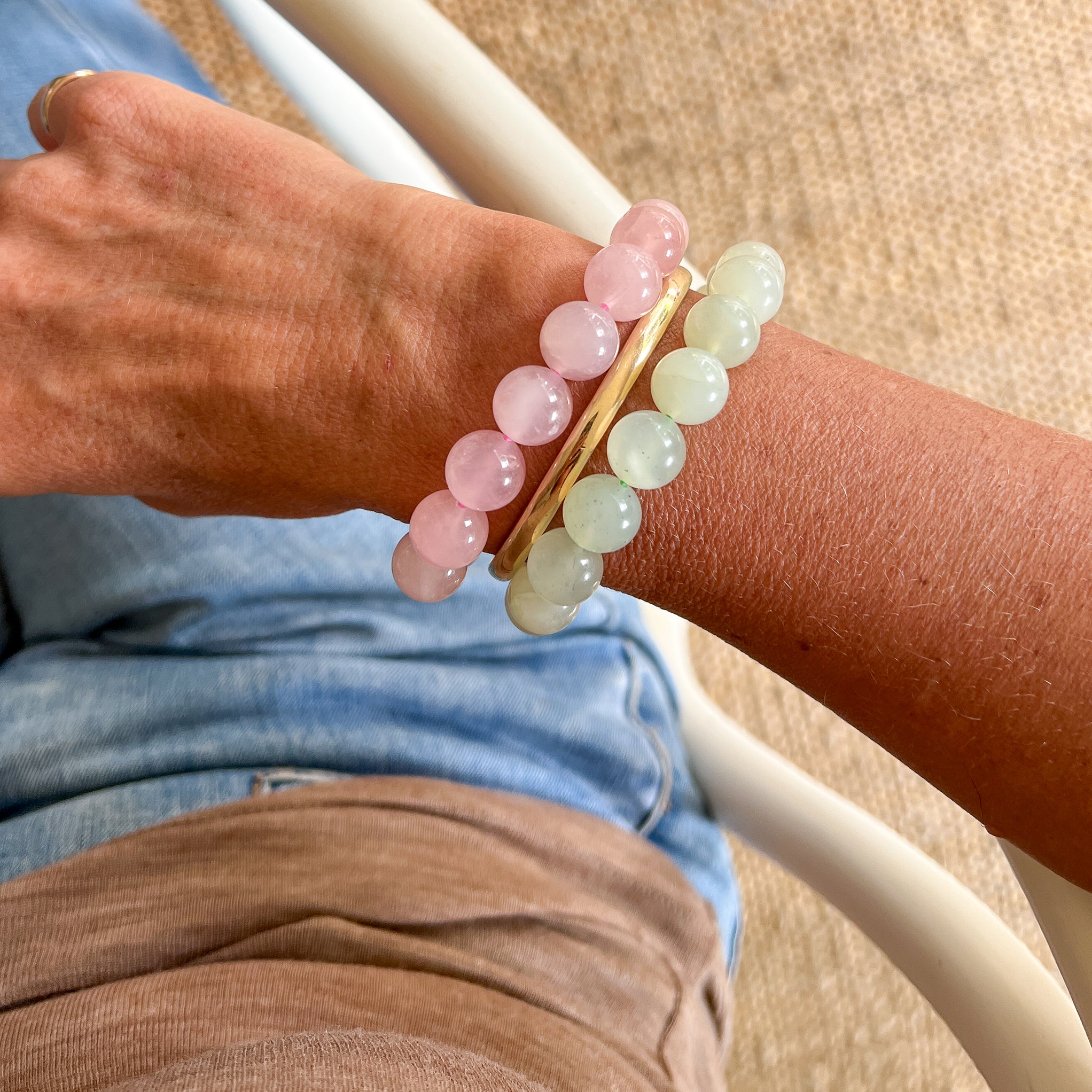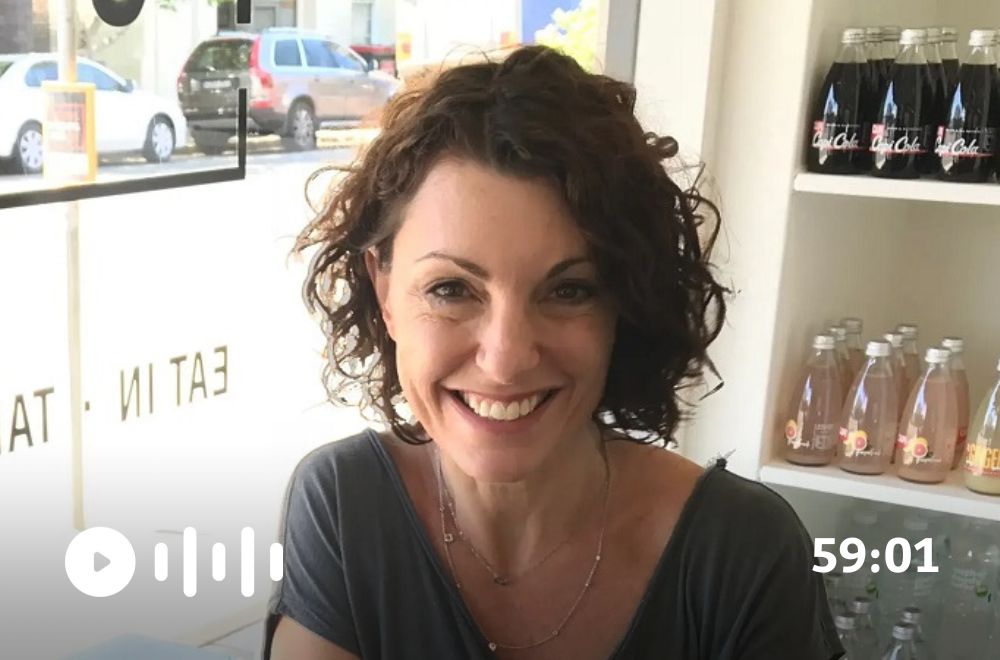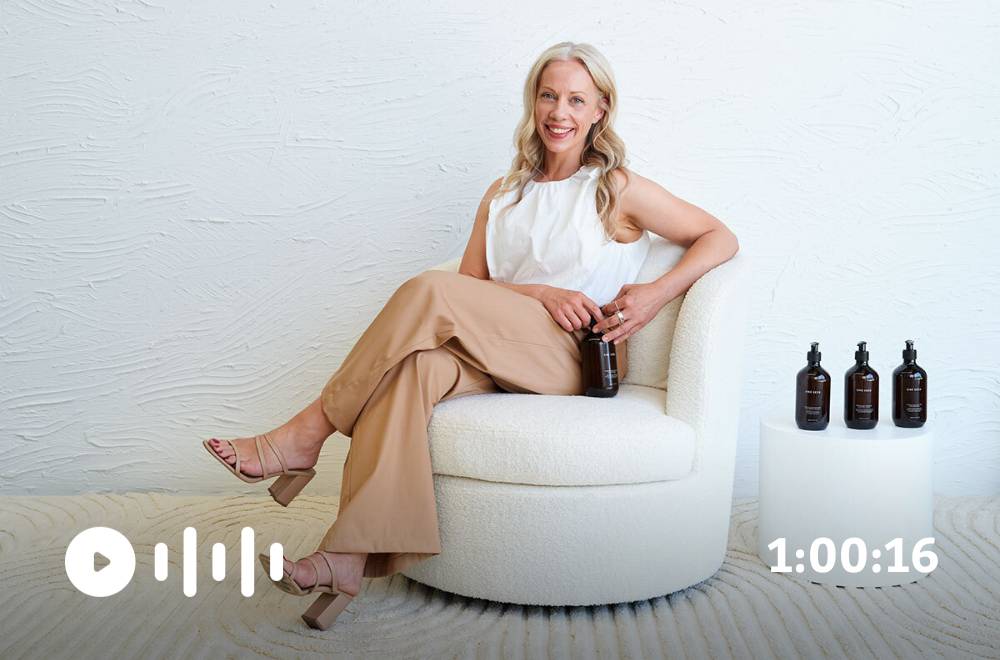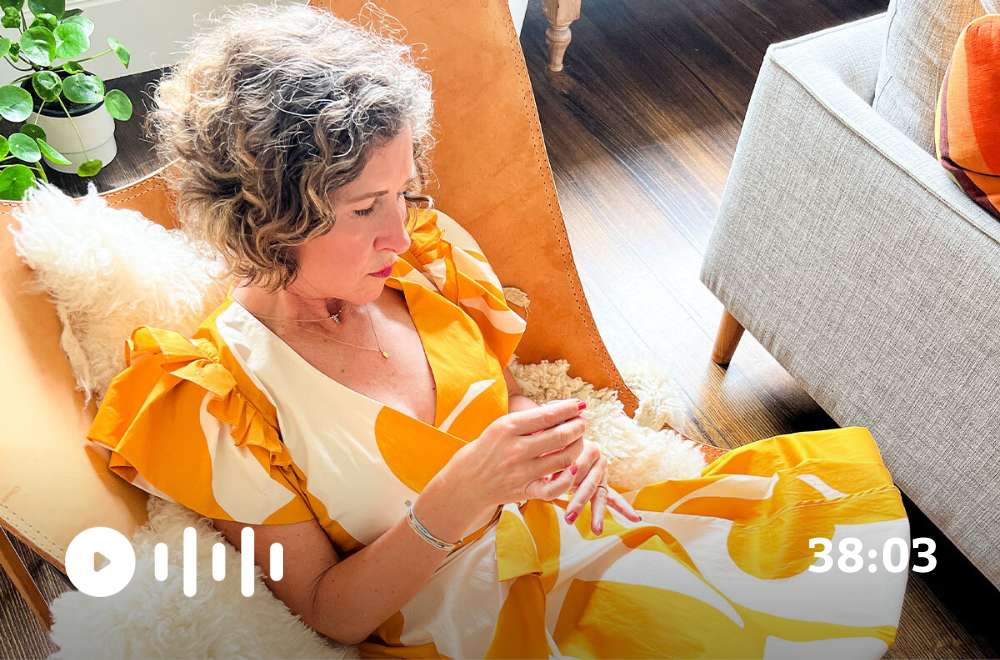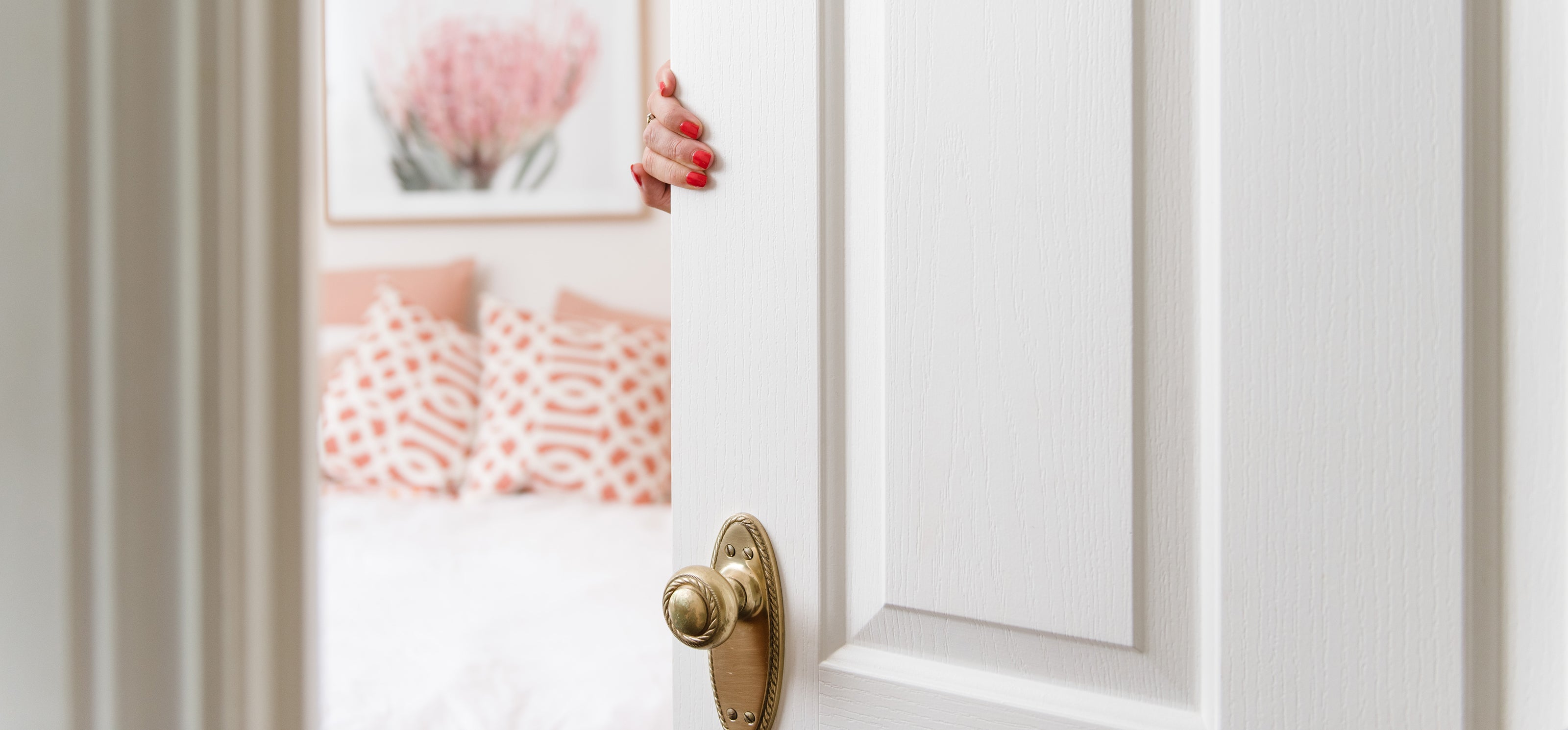
So what exactly are boundaries?
When we think about boundaries, we often think about them as simply getting good at saying no, but they really are so much more than this. Boundaries are about understanding what we're responsible for and what we are not responsible for. Boundaries are about taking care of ourselves and protecting our emotional space, and really they are the ultimate act of self-love. Boundaries help each person figure out where one person ends and the other begins, which I think is really lovely (I found this online, just can’t remember where!). And actually a friend of mine Tamica Wilder, who I've interviewed a couple of times on this podcast, she describes boundaries as membranes - because boundaries don't need to be rigid. They don't need to be hard. They don't need to be aggressive. They're not set in stone. They're like membranes that can be fluid and ever changing.
Listen to the full episode on Apple Podcasts, Spotify, Google Podcast and more.
Broadcast: October 22, 2021
Duration: 21:05
Here’s a snippet of my recording...
We can set boundaries in many different areas of our lives.
Personal space is a good example.
Some people are clear that they just don't enjoy hugging and that's a boundary.
Energy & time.
So a good example might be if in a relationship where you set a boundary, that you need space to maintain that sense of independence and freedom. You might need space to spend time with your own friends, to carry out your own hobbies and exercise on your own. Another is of course around your expectations about time. So maybe you have a friend who always shows up late. Now this won't bother everybody. But to some it really does bother us. It leaves us feeling disrespected. It leaves us feeling like our time isn't as important as there's. And that's okay. We're allowed to feel that way because our feelings matter.
Sexuality and relationships.
Learning to speak with confidence about what you are and are not comfortable with is really key for both parties. So for example, maybe you love holding hands in public, but you don't like kissing in public, or maybe you're comfortable checking in each day on text message, but not multiple times an hour.
Emotions and thoughts.
So this is huge. We are responsible for our own happiness, our own behaviour, choices and feelings. We are not responsible for someone else's problems. We are responsible for telling the truth about how we feel and what we think, but we're not responsible for the way people respond to us.
Things and possessions.
I grew up with parents who taught me “never a borrower nor a lender be”. And that's not to say I won't let others borrow something of mine, but I’m really mindful of this, about the significant challenges that can come about when we do freely borrow stuff.
Religion, ethics and finances.
We are responsible for our happiness, our behaviour, our choices, and our feelings. We are not responsible for other people's happiness, behaviour choices and feelings. We are absolutely not responsible for how they're going to react to us when we set our boundary.
Why do boundaries matter so much?
In summary they help us and those in our life feel safe. So when you set and maintain a boundary, you are then also avoiding feelings of resentment, disappointment, and anger that can build up when boundaries go sideways.
Three steps for identifying and setting healthy boundaries.
- Identify where you need to strengthen them. So self-awareness is absolutely key here. Where are we dropping out boundaries? Are they wobbly or just non-existent, are you taking on everyone else's issues? Or dropping your boundaries out of a need to please and keep everybody happy. If you're feeling uncertain about your boundaries a really good place to start is by paying attention to how you feel in certain situations. So paying attention to how you feel when watching certain movies or TV. Pay attention to how you feel when you're with different friends or with a partner in certain circumstances, in what area of your life are you feeling uncomfortable? Where there's that discomfort that is often a really good place to pop a boundary.
- Be assertive. It's really important that we communicate our boundaries calmly and clearly, and assertively. We don’t need to apologise for our boundaries either.
- Take time out from any toxic boundary breakers. So maybe a friendship you keep feeling resentful and frustrated over - you have a choice to back away and spend less time or no time with that person. You have a choice to leave and to set boundaries.
If you need to work on loving yourself this is where you start because so much of this, setting boundaries, comes back to that feeling of self-worth and love. Do you feel worthy of setting healthy boundaries? If not working on yourself worth and putting yourself first is absolutely vital. So whatever the case being clear on your boundaries and communicating them clearly and kindly. It's like flexing a muscle that gets stronger and stronger and stronger. I promise.

